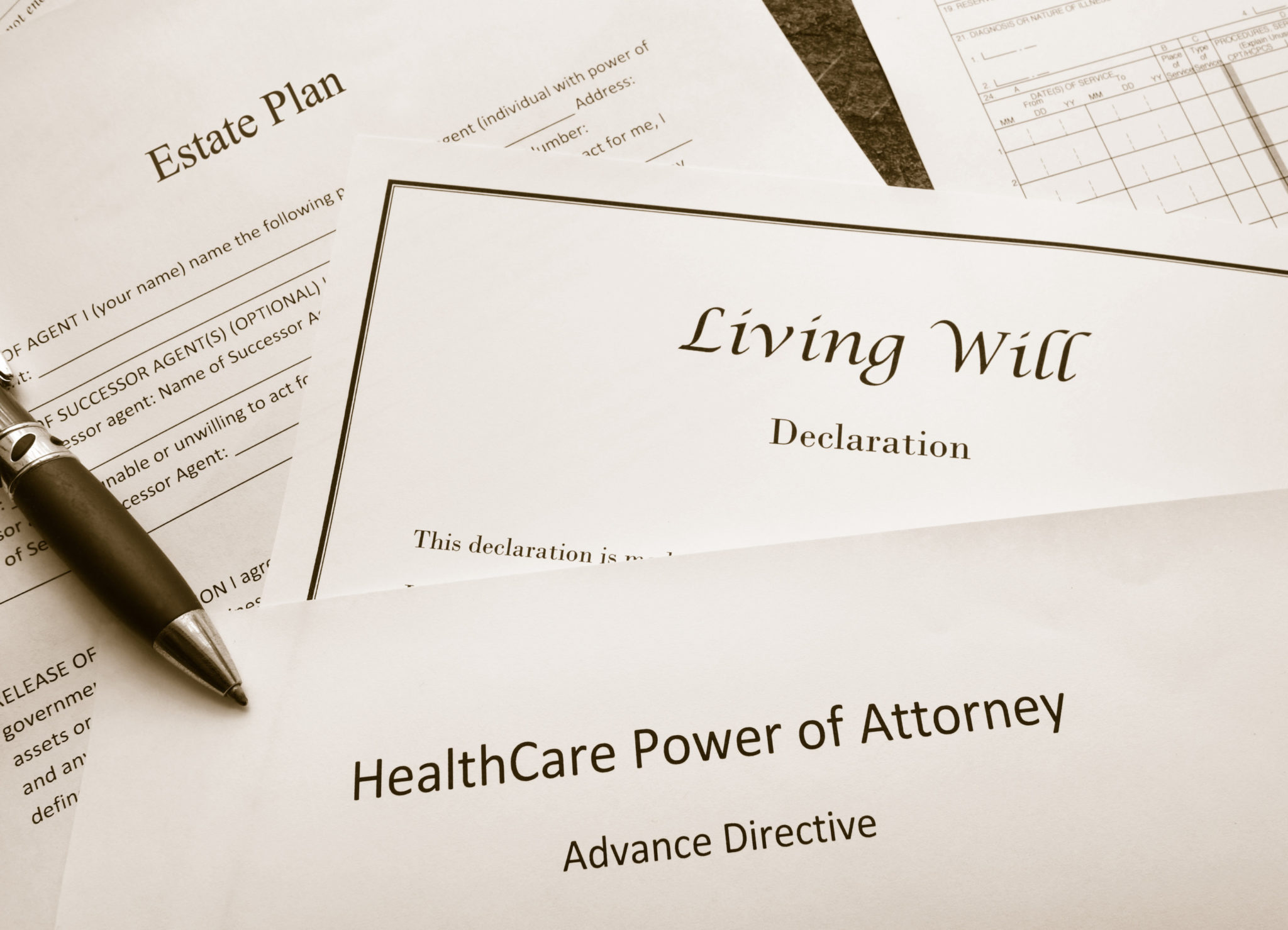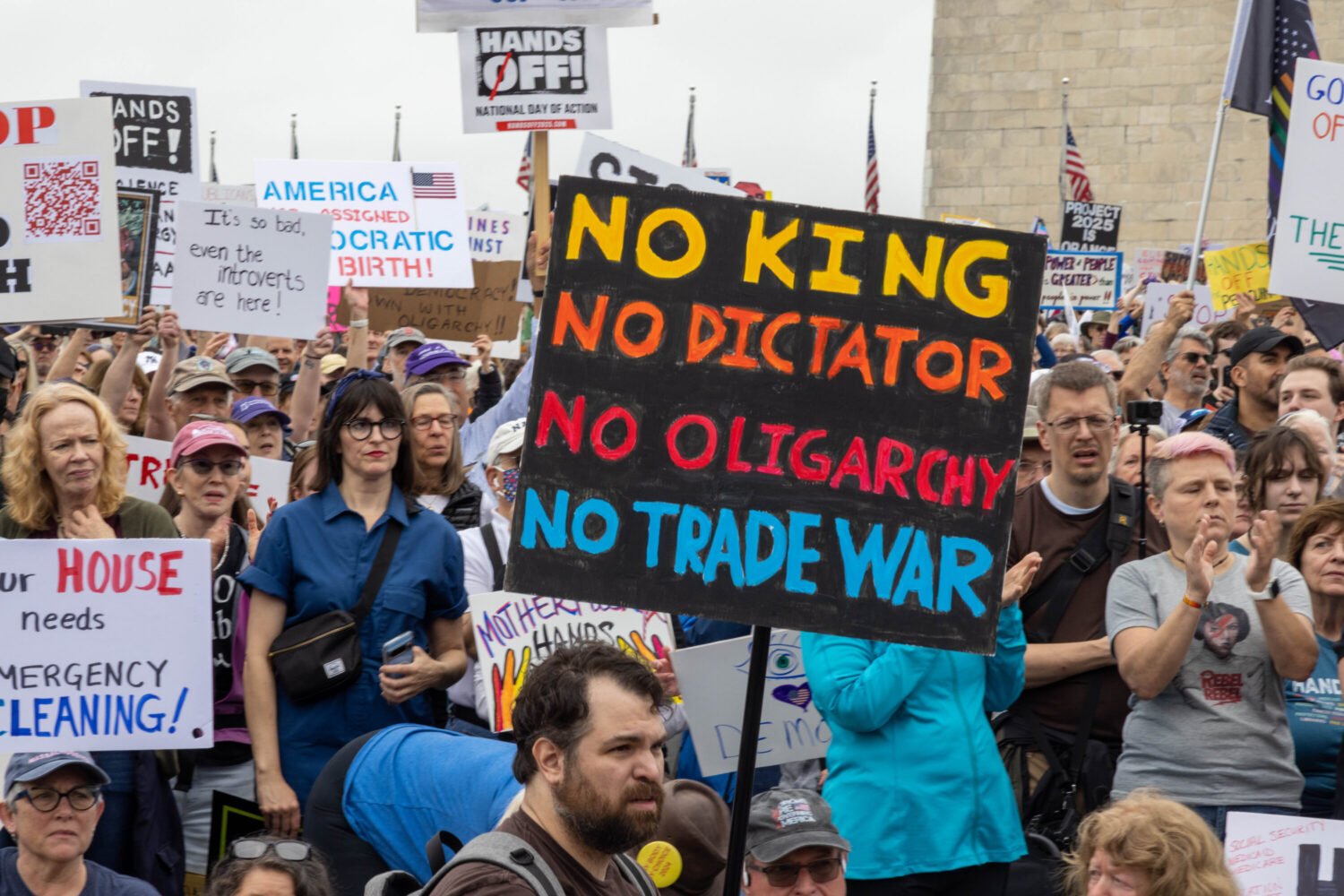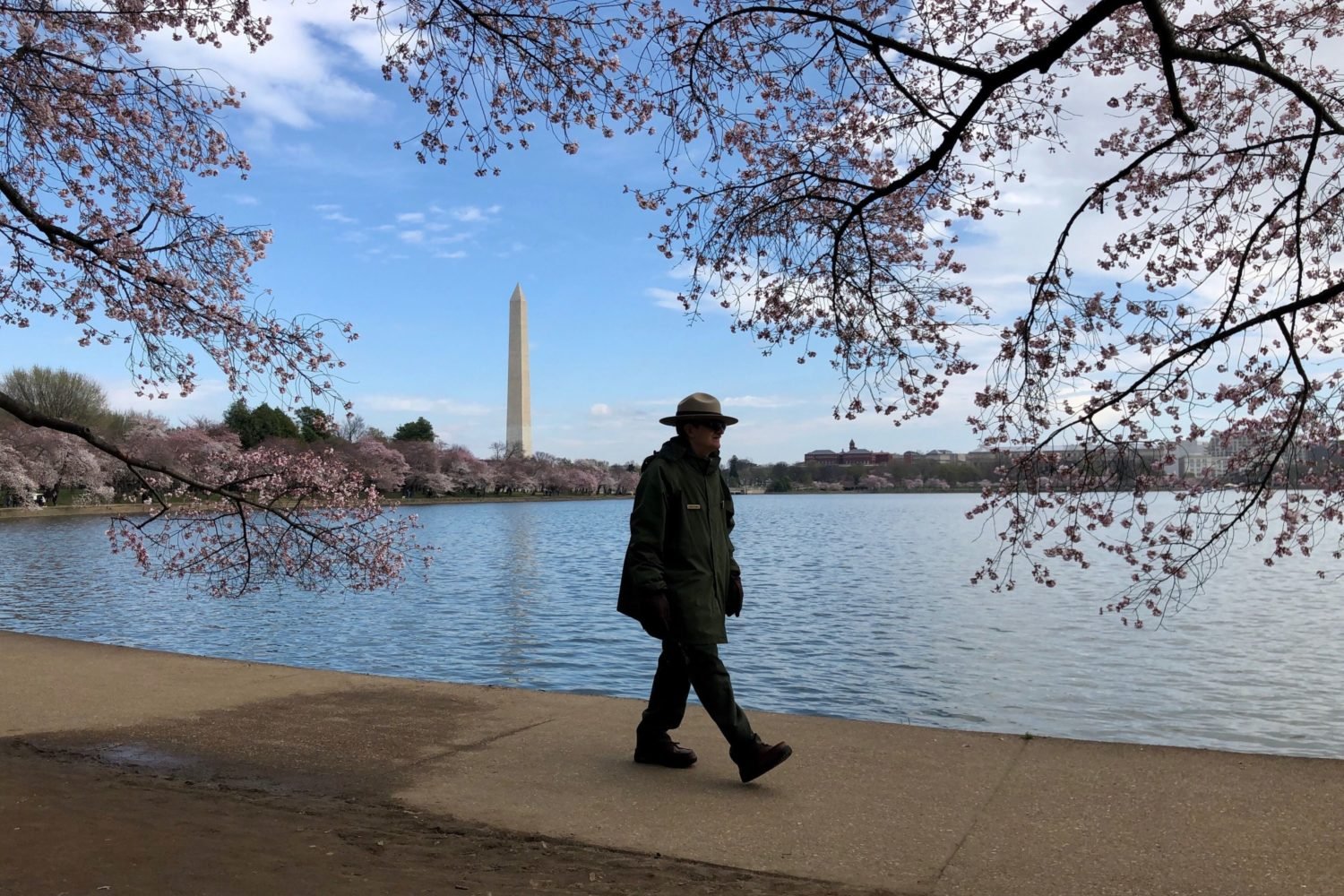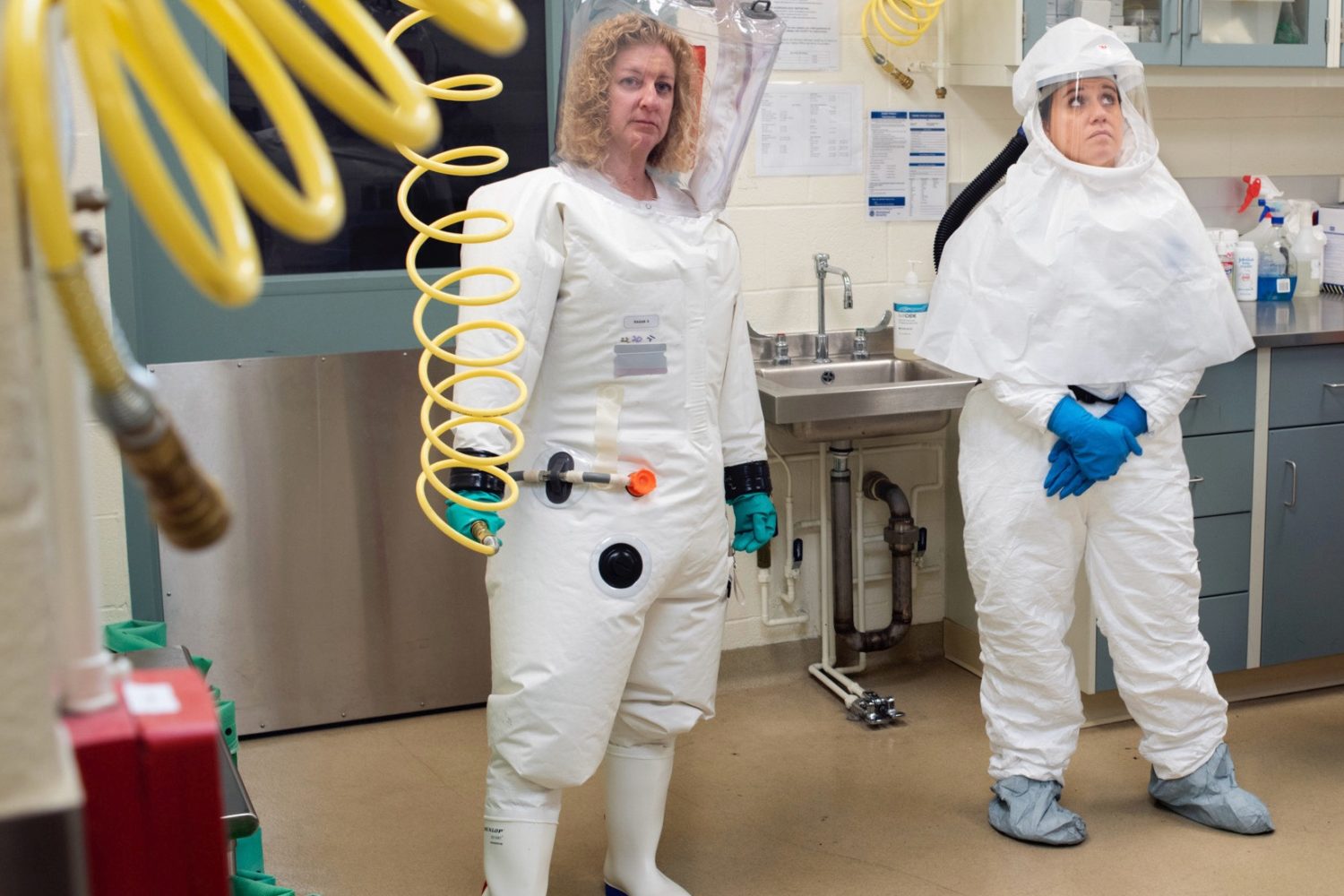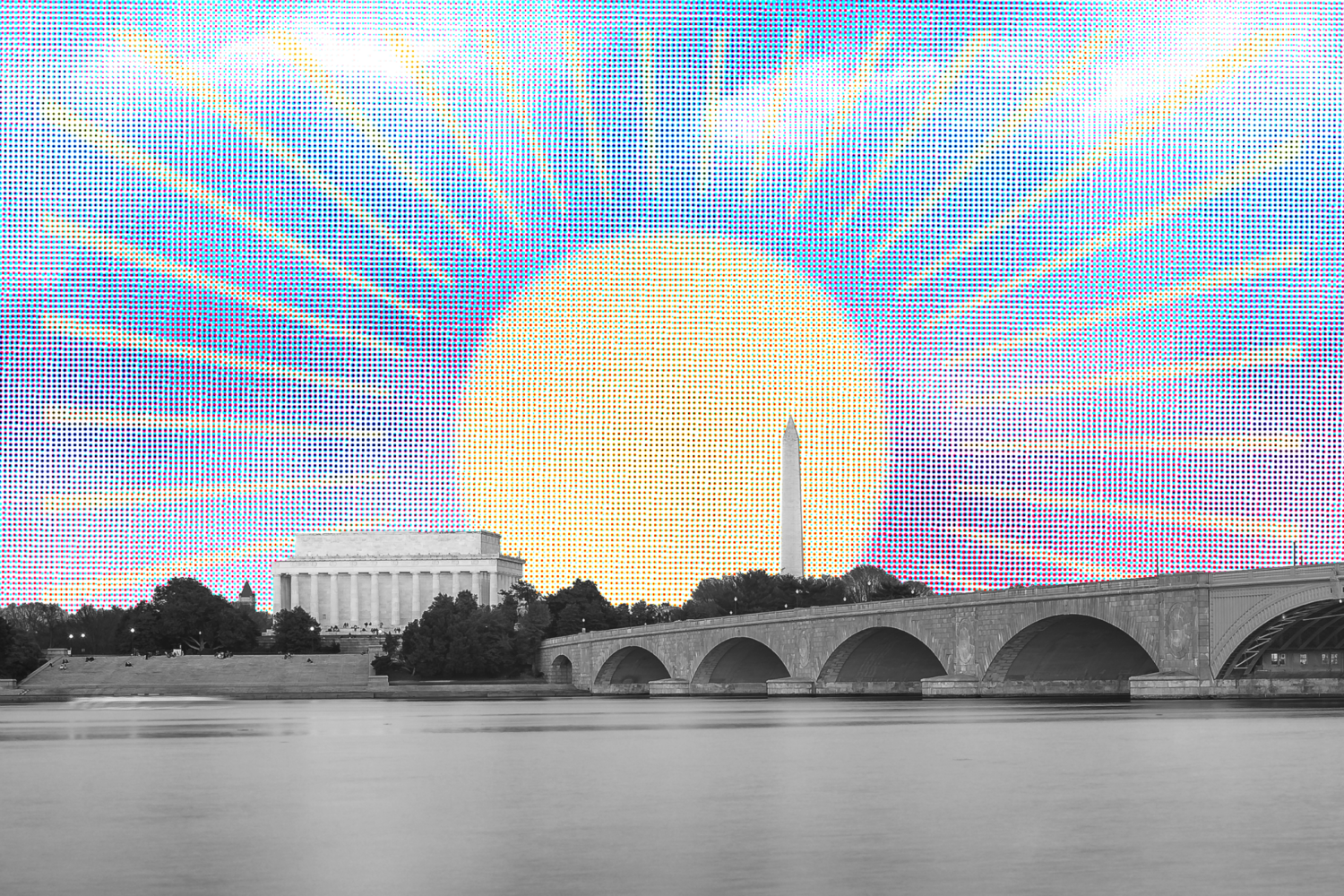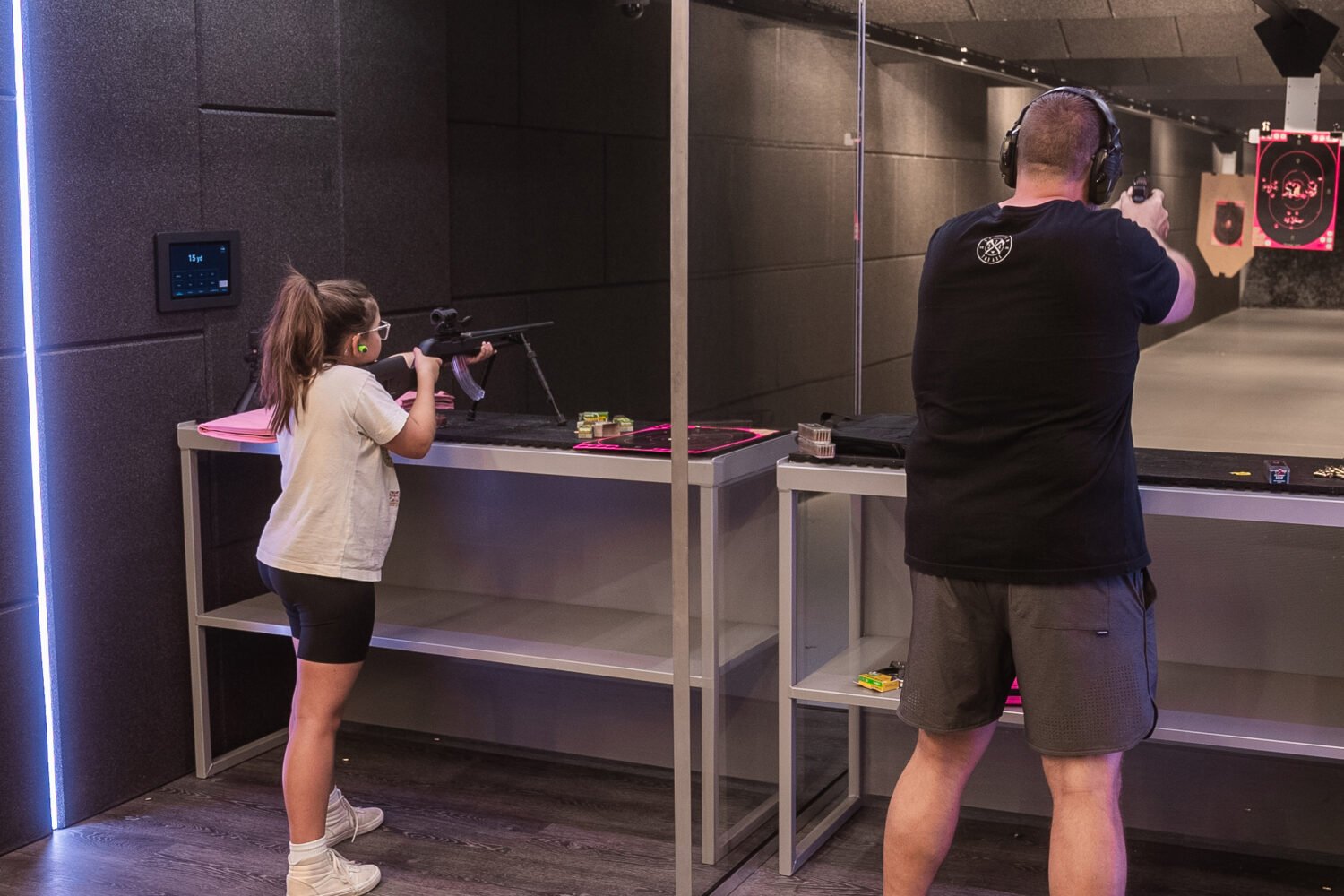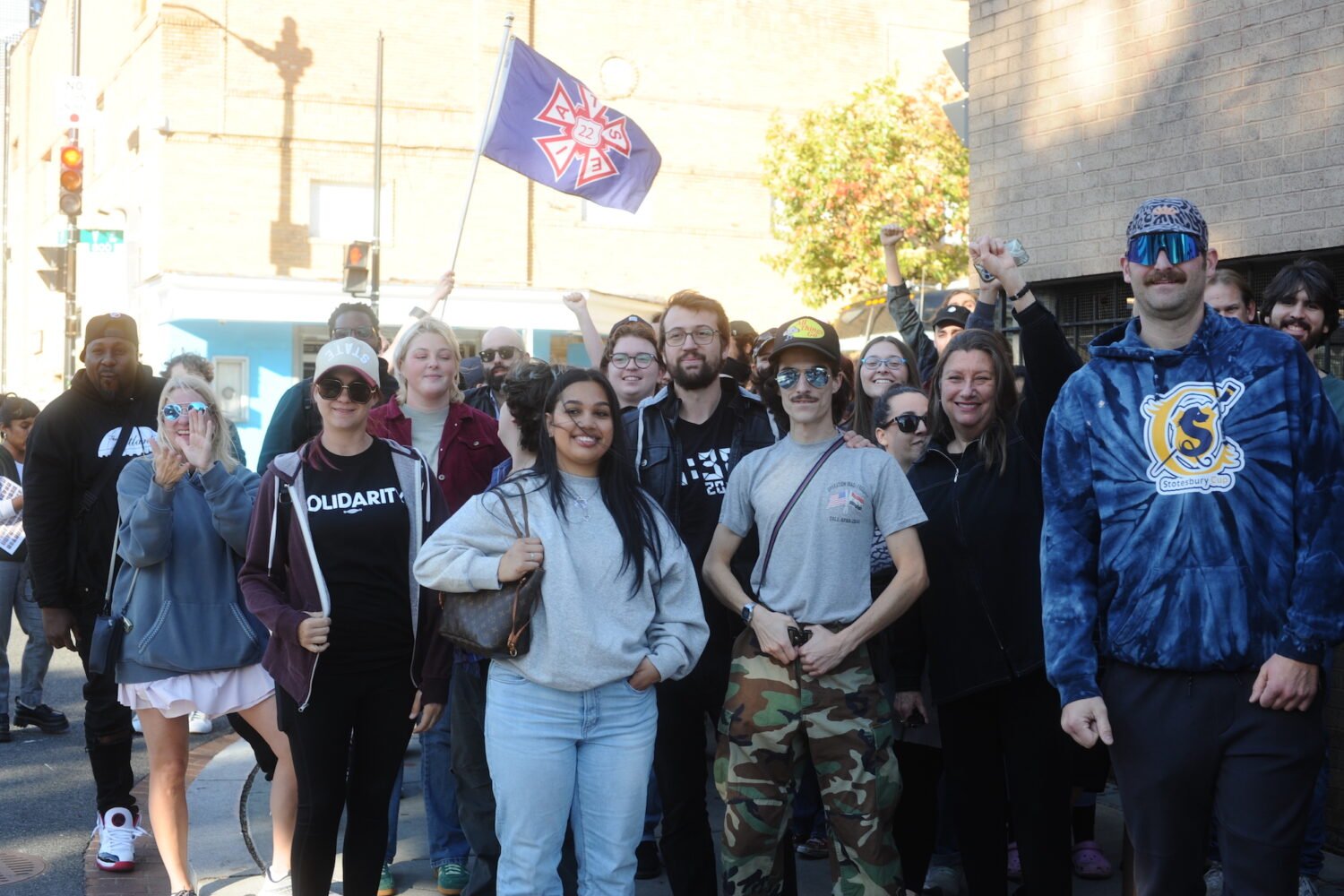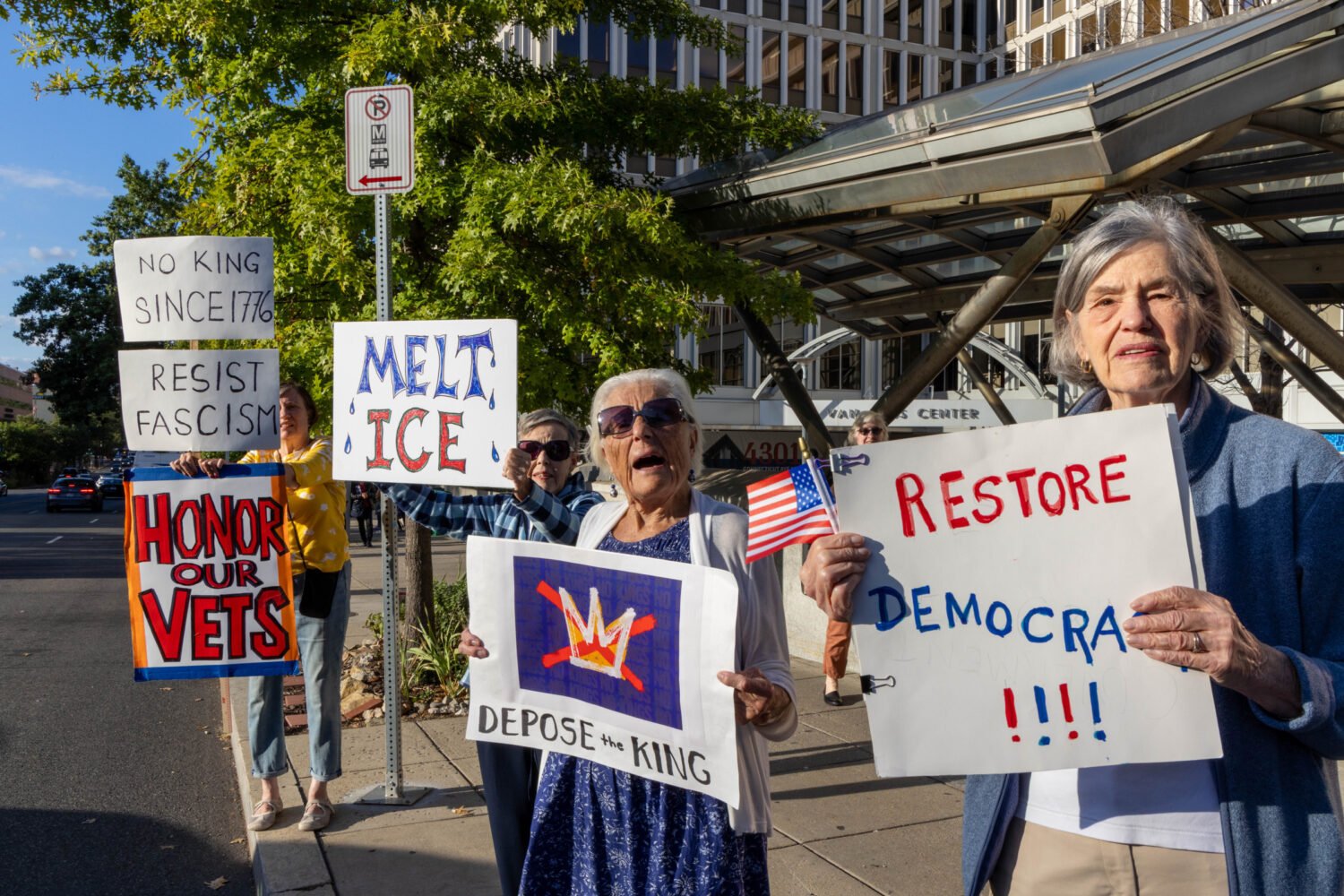About Coronavirus 2020
Washingtonian is keeping you up to date on the coronavirus around DC.
While some people who are anxious about the novel coronavirus are stocking up on toilet paper and Tylenol, others are calling lawyers to get their affairs in order. Rockville estate attorney Steven Widdes says that in just one week he’s seen an increase of about 50 percent in calls from clients who want wills, trusts, and powers of attorney drawn up.
“We had someone call the other day who has had the draft [of a will] sitting on their desk for four years who wanted to come in right away to sign everything,” says Widdes, a principal at Stein Sperling. “Other people are anxious to get powers of attorney signed. So many people are worried about getting sick and being incapacitated, and having people who can sign for them.”
It’s not an irrational fear, of course. And for some, the risk of suddenly getting very sick is very real. “We’ve had several doctors call,” Widdes says. “They feel especially vulnerable.”
The problem is that while estate attorneys can confer with clients and draft paperwork remotely, it’s not easy right now to get documents signed. In some jurisdictions, the paperwork must be signed in front of two witnesses and a notary.
“You want to help people sign things, but how can we expose our staff and clients, especially older clients?” Widdes says. “Initially we thought only partners should sign documents with clients. Now we’re thinking only emergency wills or emergency powers of attorney should be signed. If somebody is in the hospital. If somebody is in hospice. If somebody has a cancer that could accelerate their illness. Do we use larger conference rooms and pass things down? If we have to go to a hospital, will the hospitals want us there? This is a work in progress, and no one is quite sure how to handle it.”
Estate-planning attorney Daniel Ruttenberg, a partner at Smolen and Plevy in Tysons, says his firm is looking into ways to sign paperwork remotely. “There’s DocuSign, but that doesn’t work with [this] documentation. I want to look into whether you can do witnessing virtually.”
While some states use remote notaries, Widdes says, Maryland does not allow them for estate documents. “Will they change the rules soon?” he says. In Maryland, a power of attorney requires two signatures and a notary. For wills and trusts, a notary in not required. DC does not require a will to be notarized.
In Virginia, the lack of notarization won’t invalidate a will, Ruttenberg says. “A will in Virginia just needs two witnesses,” he says. It could make the administration of a will harder later, though. “Without what’s called a self-proving affidavit when there’s a will, you have to prove the witnesses were there, and no one was being coerced, and everyone was competent. If you do it in front of a notary public, then it becomes self-proving and that affidavit is sufficient. That’s the piece that would be missing. Same with a power of attorney—typically you have a self-proving affidavit but it’s not required. If I have to walk people through signings over the phone, that’s what I’ll do.”
Ruttenberg says that although he is doing most everything by phone, he’s also prepared to meet clients face-to-face if there’s no other way. “If need be, I’ll go to people’s houses,” he says. “I’m prepared to do that if I have to do that, if I’m not exhibiting symptoms and they’re not exhibiting symptoms and we can do it responsibly. There are a lot of people dealing with a lot of anxiety right now, and you can help by taking at least one thing off their plate that’s bothering them.”
While estate attorneys are busy right now, Ruttenberg senses that his services might still be in demand after the crisis has passed.
“The other thing I do is family law, and I just saw an article that divorce rates in China have spiked,” he says. “Everyone is cooped up together. So after this, people may be coming in for a divorce.”
To see a list of the area’s top estate attorneys, click here and search “trusts and estates.”

